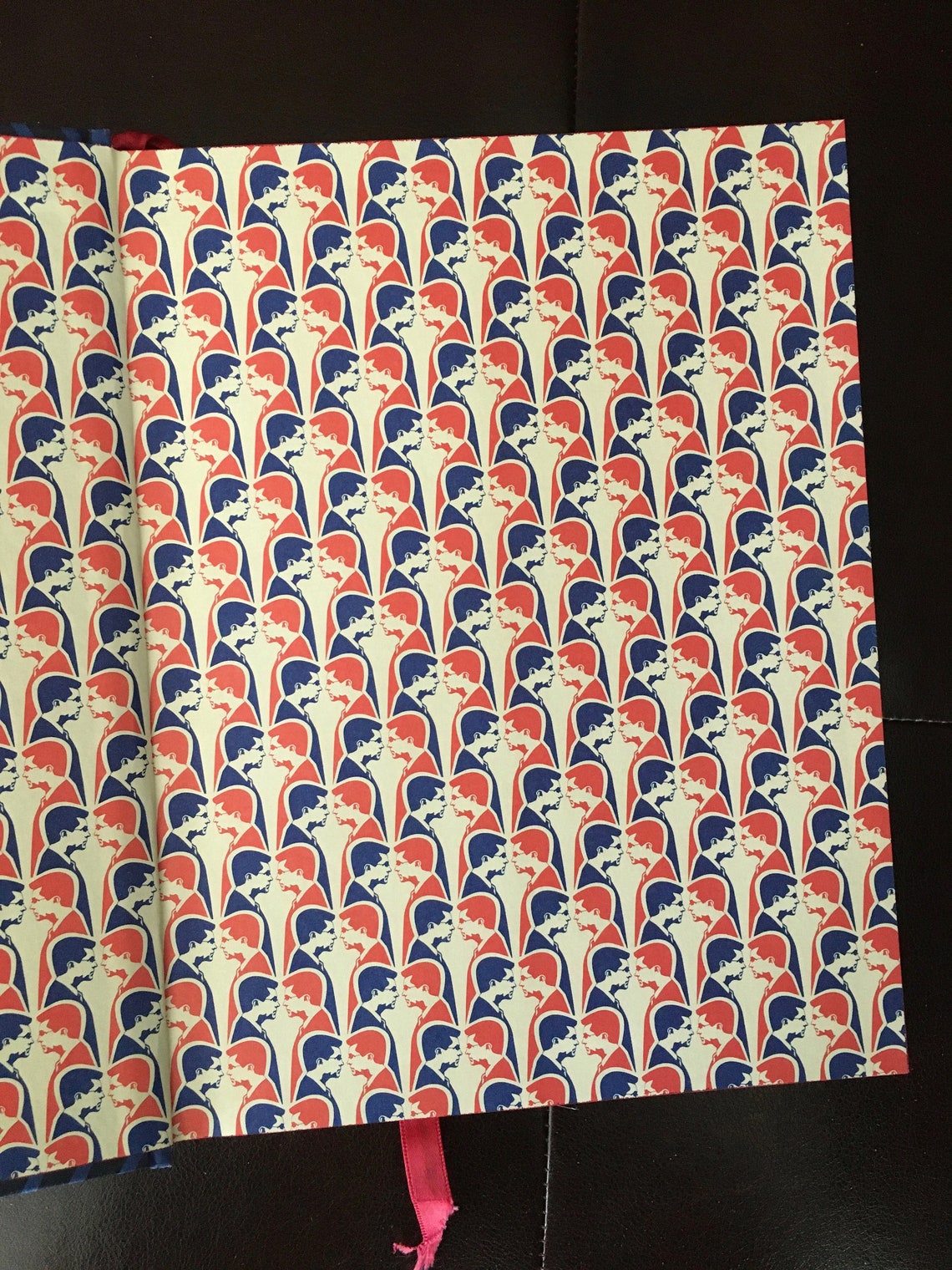
Here are some of the truths that Stephen Colbert holds to be self-evident: The elderly are "year-hoggers," atheists are "no-goodnik no-Godniks," and academics are "aca-demons." Women who work outside the home "might as well bring coconut arsenic squares to the school bake sale." (Guilty!) And, most obviously, immigration can be stopped with a 2,000-mile wall along our southern border. He helpfully provides stickers for loyal readers to mark the truest statements with the appropriate response: "Brave Words," for example, or "I Think It, Stephen Says It" or "It's Morning in Colbert-ica." Also, there's a useful sign to post in your window urging firefighters to rescue the book in case of emergency. That's the coward's way out." Instead, it's a primer on what to believe about American families, religion, sports, homosexuality (well, not American homosexuality - liberal homosexuality), immigration and many other aspects of our great country. As he explains so effectively in his introduction, this book is "not just some collection of reasoned arguments supported by facts. I Am America (And So Can You!) is full of it. Truthiness, "truth that comes from the gut, not books." "Today," as Colbert explains in his new book, "Lady Liberty is under attack from the cable channels, the Internet blogs, and the Hollywood celebritocracy, out there spewing 'facts' like so many locusts descending on America's crop of ripe, tender values." There's a word for Colbert's sort of truth, and Colbert invented it: Others, Stephen Colbert for one, suggest - nay, declaim - that facts themselves dangerously undermine the truth, especially the American Truth. Some argue that truth is knowledge based on data and facts. What is truth? Does it come from inside us or from the known world?




Perhaps it's the smirk that's missing in Stephen Colbert's I Am America.


 0 kommentar(er)
0 kommentar(er)
